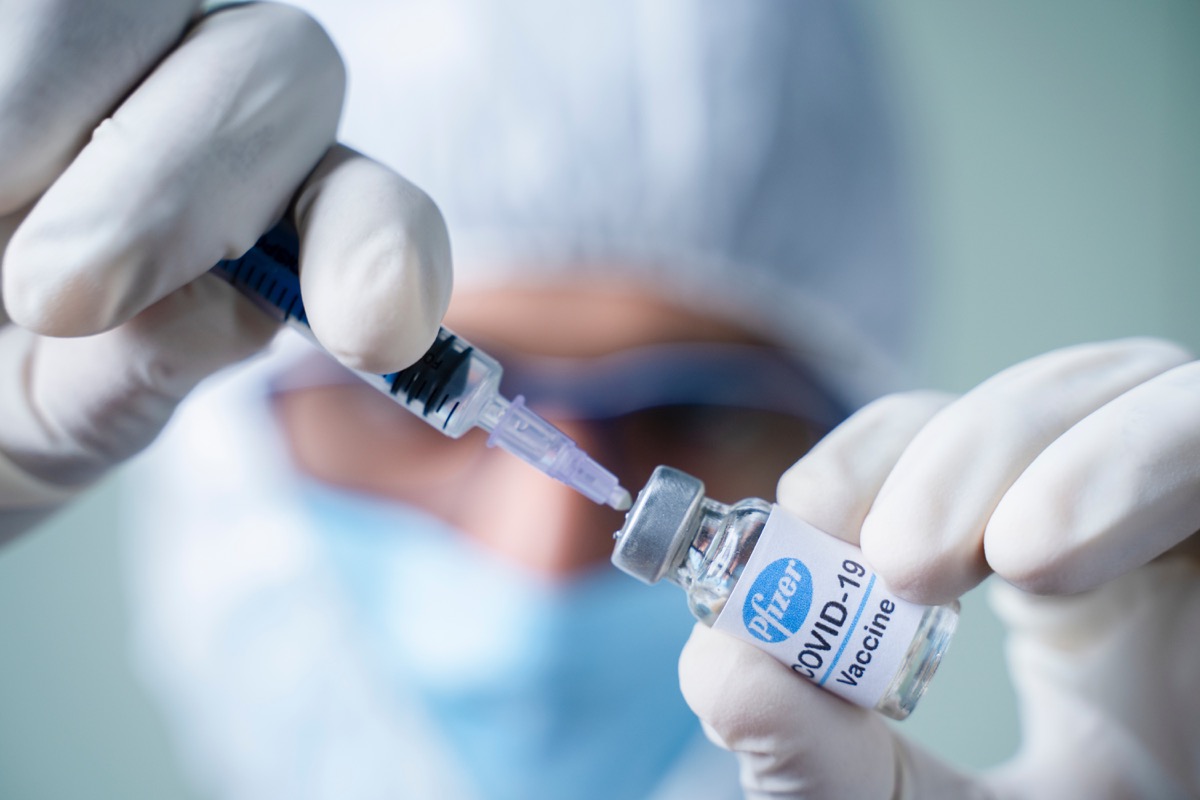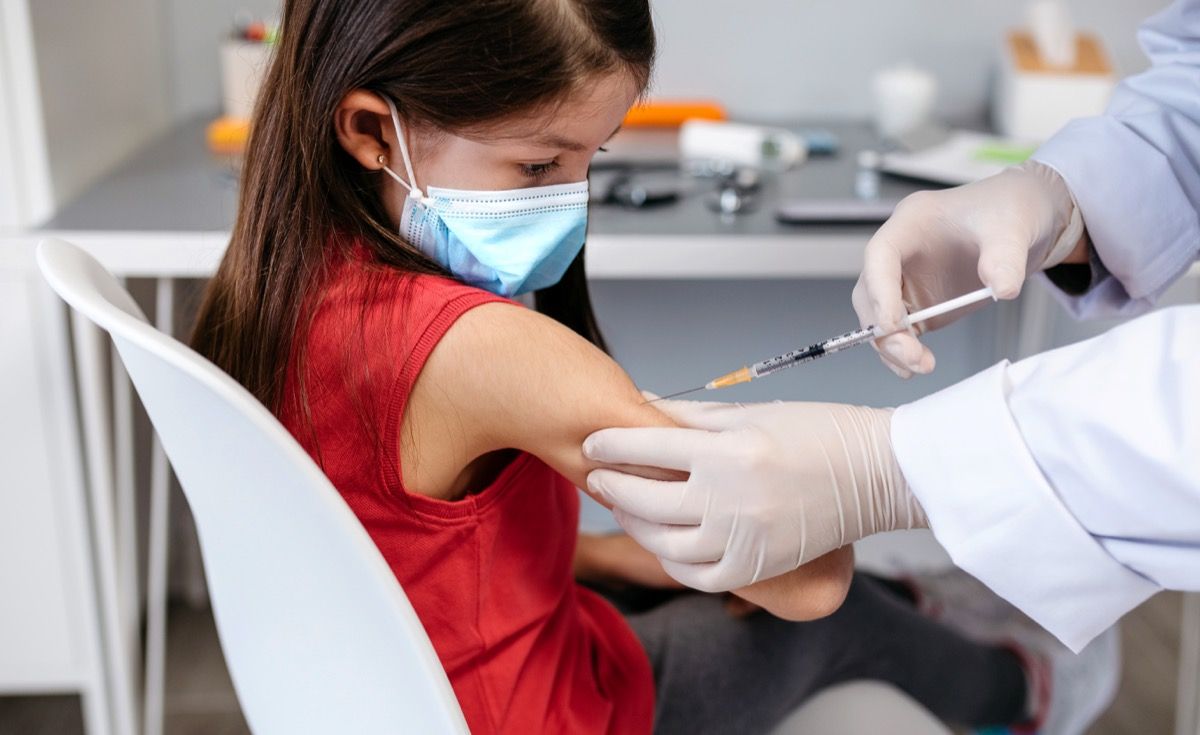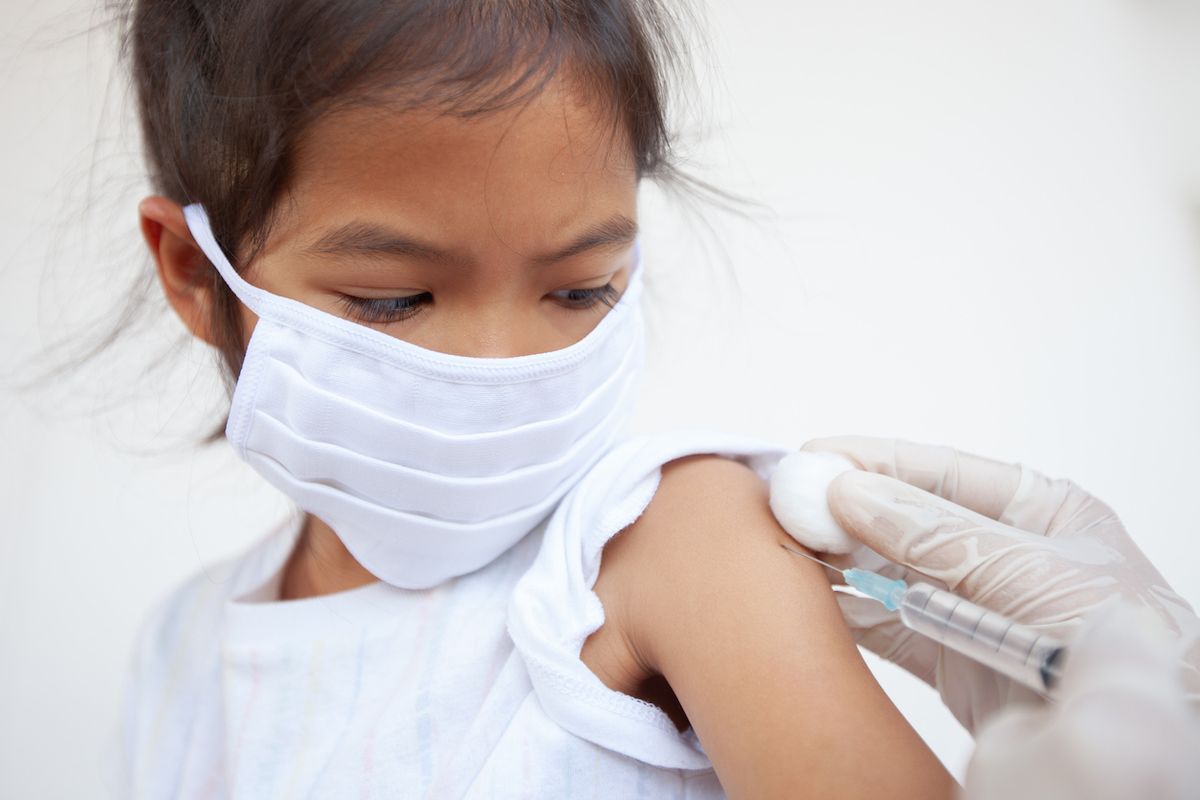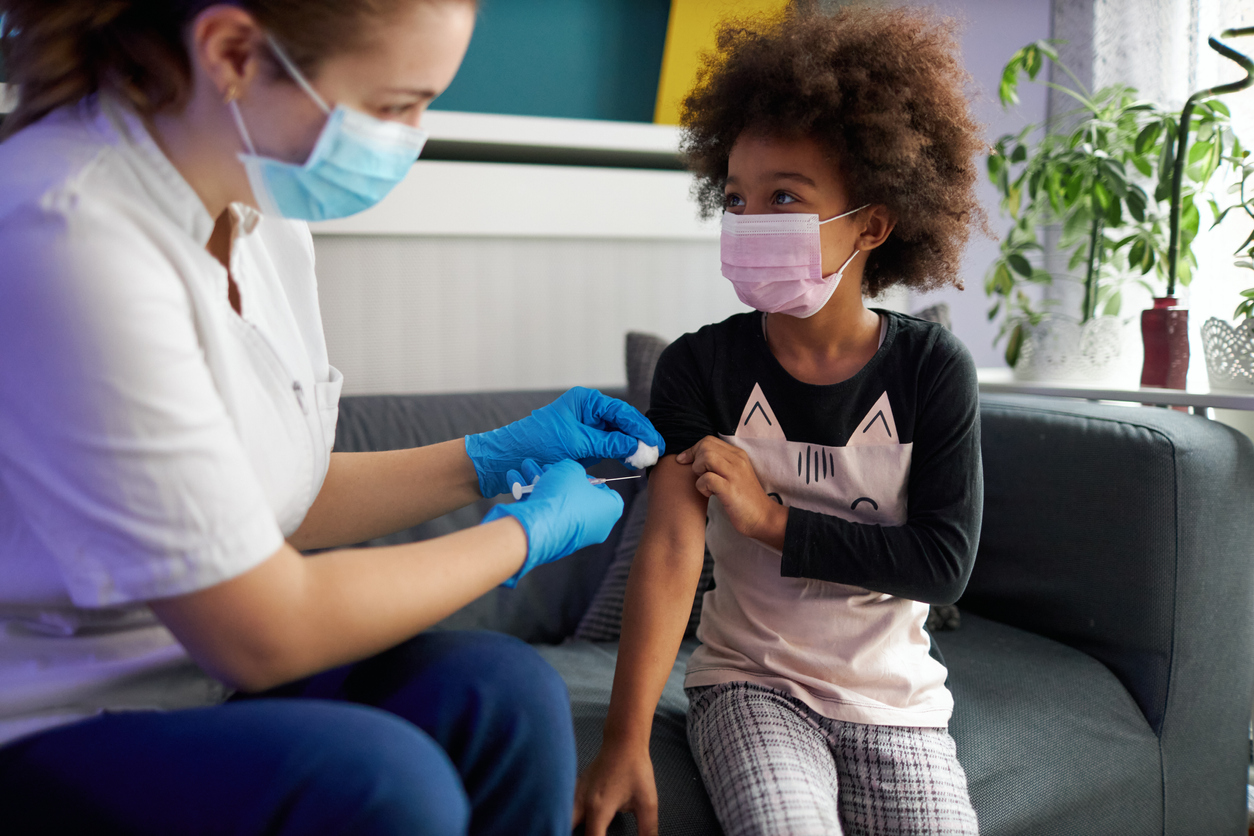According to a statement released on March 31, the results of a phase three clinical trial—which has yet to be peer-reviewed—that included 2,260 adolescents found that the vaccine “demonstrated 100 percent efficacy and robust antibody responses” in participants between the ages of 12 and 15 with no serious side effects reported. “We share the urgency to expand the authorization of our vaccine to use in younger populations and are encouraged by the clinical trial data from adolescents between the ages of 12 and 15,” Pfizer CEO Albert Bourla said in the press release. The findings suggest that the doses could work better for adolescents than it does for adults. A recent study published by the Centers for Disease Control and Prevention (CDC) found the Pfizer vaccine to be 90 percent effective in those 16 and older in real-world conditions. “Oh my god, I’m so happy to see this—this is amazing,” Akiko Iwasaki, PhD, an immunologist at Yale University, told The New York Times. She also added that if the vaccine’s efficacy in adults was considered “A-plus,” the children’s results were “A-plus-plus.” And for more on what you should do right after your shots, check out The CDC Says You Should Immediately Do This Once You’ve Been Vaccinated. As children under the age of 18 make up about 20 percent of the population, experts have pointed out that getting them vaccinated remains crucial to achieving the herd immunity needed to stop the virus’s spread, CNBC reports. Most experts estimate that 70 to 85 percent of the population will need to be vaccinated to do so. “The sooner that we can get vaccines into as many people as possible, regardless of their age, the sooner we will be able to really feel like we’re ending this pandemic for good,” Angela Rasmussen, PhD, a virologist affiliated with Georgetown University in Washington, told The Times. Pfizer may be the first to release data on adolescents, but other pharmaceutical companies have signaled they’ll also work towards expanding their vaccines towards the younger portions of the population. In March, Moderna began a clinical trial to test its vaccine in 6,750 children, ranging from as young as six months old through 11 years old.ae0fcc31ae342fd3a1346ebb1f342fcb Johnson & Johnson also announced in February that it was planning a clinical trial to test its vaccine on newborns and infants, as well as immune-compromised patients and pregnant women, The Times reported. And for more on how you can prepare for your shots, check out 2 Things You Need to Stop Eating Before Your COVID Vaccine, New Study Says.



